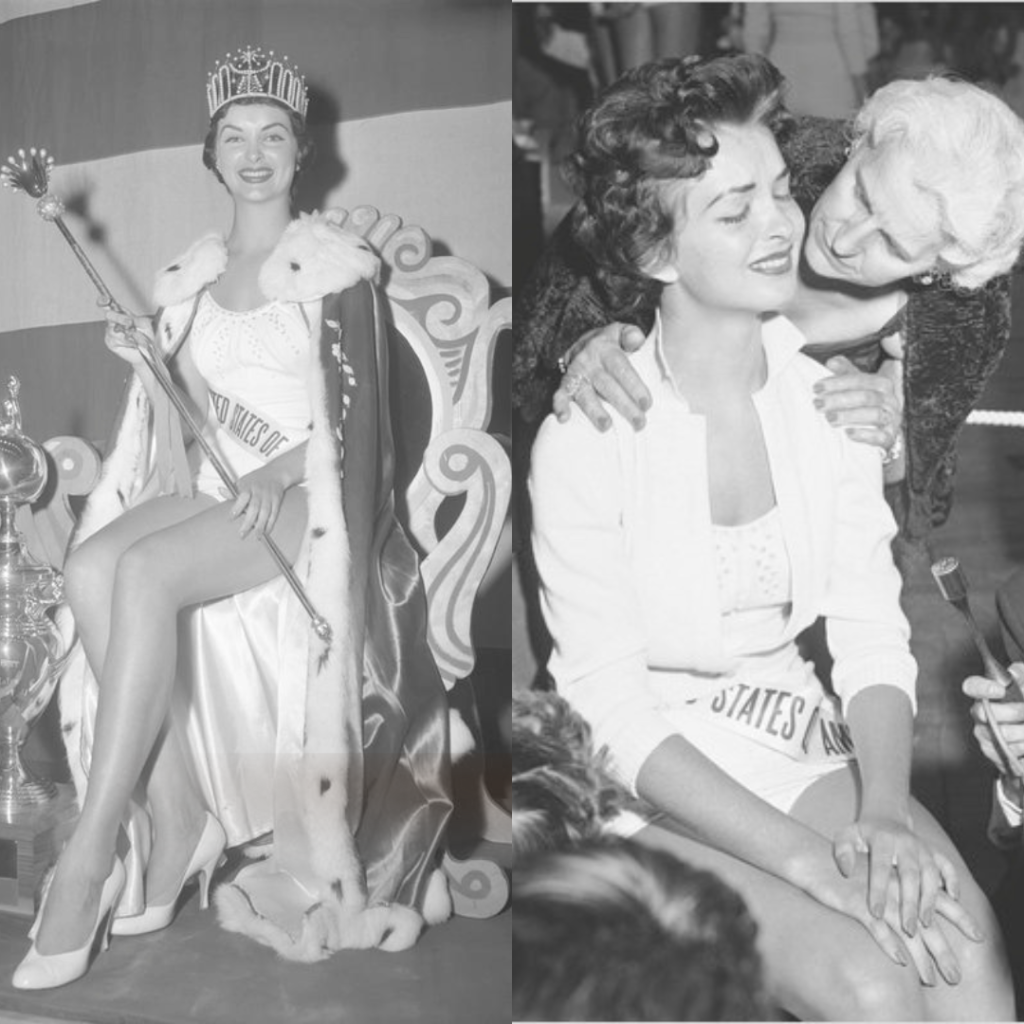The Complicated History of ‘Mrs and Mommies’ at Miss Universe

Just recently, The Miss Universe Organization made the groundbreaking decision of allowing married women and mothers to participate. In its step towards inclusivity, it wasn’t even that long ago when transwomen were also given the chance to compete.
In an interview with ANC, MUO President Paula Shugart further explains the importance of this evolution for the pageant.
“We did not want to be in a position that we are precluding someone from competing if they felt that they can handle that job. If you know what the job description is, which we’re really going to make sure that everyone is aware [of]. They need to be able to handle that job as a Miss Universe, whether they have a family or not,” she said in the interview with Dyan Castillejo.
For pageant fans, this move drew mix reactions, further opening up conversations on social media. Since the pageant’s inception, Miss Universe has only allowed single women from ages 18-28. This means that they should have never been married, divorced, or even had any children. While many are happy with the decision, some are still on the fence with this development.
However, this issue isn’t new to the pageant. In 71-year long history, Miss Universe had its fare share of experiences involving married women and mothers. These might have helped pave the way for what is happening right now.
The policy is expected to take effect in its 2023 edition (Miss Universe 2022 will still carry on the current policies). But for the meantime, here is the complicated history of Mrs and Mommies at Miss Universe.
First Case: Leona Gage
In 1957, Miss USA crowns its newest winner in the name of Leona Gage from Maryland. She went on to compete at Miss Universe placing in the Top 15. However, rumors began to circulate, and it was revealed that Leona wasn’t only lying about her age but also her marital and maternal status.
She then admits that she was only 18 and not 21, that she was married twice, and had two children. This led to her being dethroned and disqualified from the pageant.

Just imagine if Miss Universe would have made the decision early on, Leona would have kept her title. She would have won and that would have been a move ahead of her time.
Second Case: Helen Morgan
Sixteen years later, both Miss Universe and Miss World would be introduced to Miss Wales, Helen Morgan. In 1974, Helen would first compete at Miss Universe 1974, ending up as first-runner up to Amparo Munoz of Spain. A few months later, she joins Miss World 1974 and eventually winning the pageant.
Suffering the same fate as Leona, it was soon discovered that she an unwed mother, therefore stripping her of the crown.

Interesting to note that Amparo later resigned as Miss Universe to pursue an acting career. Would Helen have accepted the invitation to become the new Miss Universe if she had not competed in Miss World? It would have been interesting to see how that situation unfold.
Third Case: Tisha Heflin
During Miss Universe 1999, Miriam Quiambao’s infamous fall during the preliminaries wasn’t the only thing making headlines. Tisha Heflin of Guam drops out in the middle of the pageant after it was known that she was pregnant.

This incident was reflected in the final question during the coronation night. The Top 3 were asked if the Miss Universe were to become pregnant during her reign, should she be allowed to continue. All three candidates, including Miriam said yes.
Regardless of its impact to both the pageant and the fans, this decision changed the whole pageant industry. From prioritizing the physical qualities of a woman, we start shifting and accepting women for they really are.
Being married or having children has been seen as a disadvantage not only in pageant but also in society. With the new policy, it just shows women can lead, can take charge and nothing should be stopping them from doing so.
How about you, what’s your on the new policy? Leave us your opinion through #AskThePipol post on our Facebook page!
Vee De Serra is a go-getter and a writer driven by passion. When in doubt, Vee believes that "Life isn't fair but it is up to you make it one." As a city and a beach person—when the sun is out—expect Vee to spend hours getting lost in the concrete jungle or laying by the shoreline with both finishing the day by watching a beautiful sunset.






